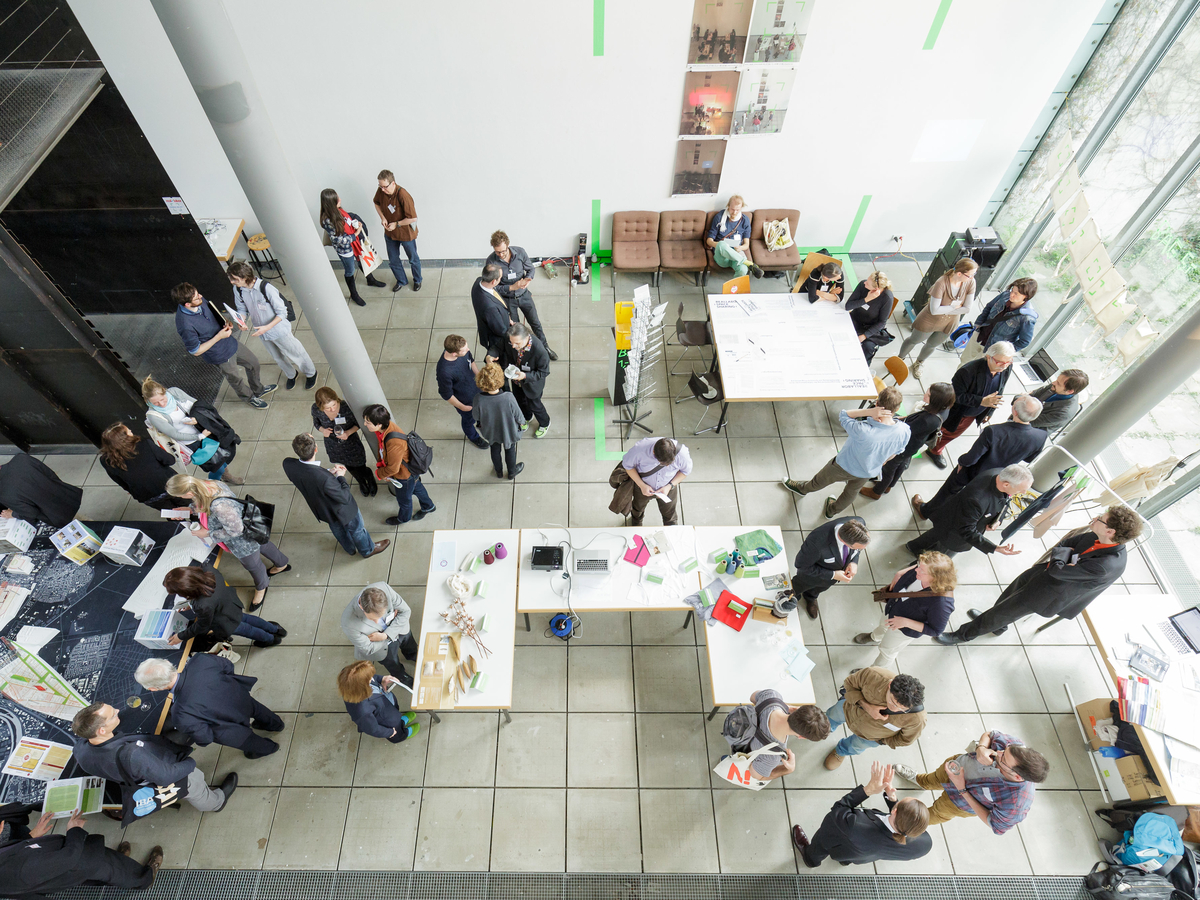Increasing real-world labs’ visibility
Climate, energy, urban development, mobility, employment, and social peace: The pressure to respond to existential challenges with sustainable solutions that are supported by society as a whole is growing in Germany, too. Here, real-world labs can step in as new and intensive forms of interaction and cooperation between science and society.
Several research institutes that are renowned for their experience with the conceptual design and operation of real-world labs have now established the “Network of Real-World Labs for Sustainability” to provide a platform for information, communication, and cooperation about and for real-world labs. “We do not only want to provide a home to those who are interested or already actively working in the field, we also want to make the real-world lab activities of the last five years visible to the public,” explains Oliver Parodi, initiator of the network. At ITAS, he is head of Karlsruhe’s real-world lab District Future – Urban Lab and, together with Andreas Seebacher, head of the recently established Karlsruhe Transformation Center for Sustainability and Cultural Change.
Research and practice hand in hand
The network was co-founded by ITAS, the Wuppertal Institute for Climate, Environment and Energy, the Leuphana University Lüneburg, and the Ecological Research Network (Ecornet). With different focuses at the different locations, they generate knowledge for the big global challenges – always geared towards sustainability concepts like the United Nations “Sustainable Development Goals”. “‘Research and practice hand in hand for a more sustainable future’ – this is our approach,” emphasizes Uwe Schneidewind, President of the Wuppertal Institute.
People, organizations, real-world labs, and similar transdisciplinary and transformative initiatives can join the new network. Especially municipalities, universities, research institutions, and civil society actors are invited to participate, as well as businesses and state institutions. (12.04.2019)
Further information:
- Website of the Network of Real-World Labs for Sustainability (German)
- KIT press release Real-world Labs Enhance Visibility


